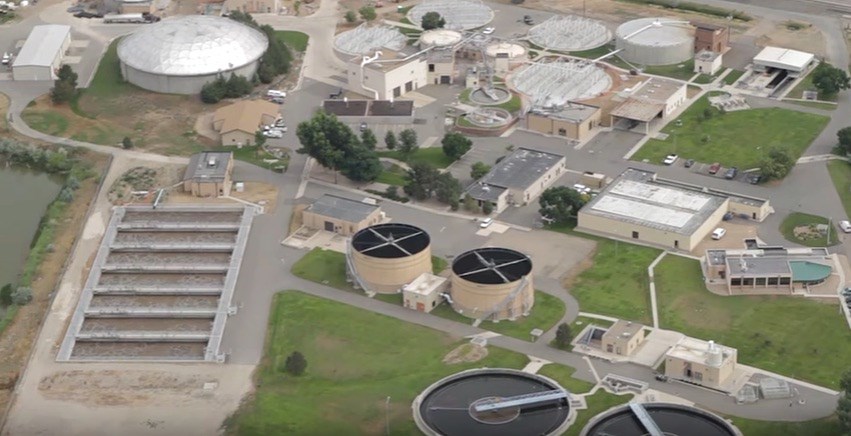Longmont will begin testing its water supply for a widely used chemical compound that in some cases have been linked to certain diseases. Per and Polyfluoroalkyl substances are being targeted through a $20,000 grant from the Colorado Department of Public Health and Environment.
The state is making the funds available for municipalities to determine if their water contains Per-and Poly-Fluoroalkyl substances or PFAS. These are long-lived manufactured compounds used in industry and consumer products such as nonstick pans, water repellent clothing and fire fighting foams, according to a city staff report to the city council.
PFAS compounds have attracted more attention lately because of concerns about human and ecosystem health, according to the CDC. Some PFAS have been linked to thyroid disease, decreased fertility, pregnancy complications, low birth weights, decreased immune response and increased cholesterol, the CDC states.
There is also some evidence that ties PFAS to cancer, primarily among people who lived or worked near contaminated manufacturing locations, the CDC states.
“PFAS chemicals are pervasive in the environment, which can contaminate water sources and pose risk to drinking water, the environment and public health,” the city staff report states.
PFAS began being manufactured in the 1940s and are now considered “forever chemicals” as they do not break down readily in the environment, the city staff report states.
The grant will help Longmont to identify, assess and reduce the environmental impacts of PFAS substances, the staff report states.
Mayor Joan Peck told councilors Tuesday night the spike in wildfires and the techniques needed to fight them may produce more PFAS substances in Longmont’s water supply.
“We don’t know how much this (PFAS) will affect our water and the human population,” Peck said. “I compliment the water department for recognizing PFAS as a new area that needs to be tested.”
While the city has not been required to test for PFAS in its water or wastewater, the CDPHE now mandates monthly monitoring of the wastewater effluent for 40 PFAS as well as conducting a source investigation evaluation, the city staff report states.
The monitoring began in July and will be conducted for two years.



